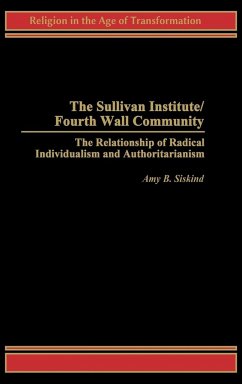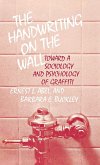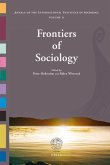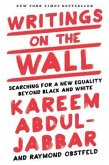The Sullivan Institute/Fourth Wall community represents one of the most fascinating and troubling social phenomena in the history of psychoanalysis and recent American intellectual history. In the only comprehensive study of the Sullivanian movement, Amy Siskind examines the historical and social processes that resulted in the creation of the Sullivan Institute/Fourth Wall Community and its subsequent development into a totalistic community. Over a 35-year span (1957-1992), the Institute developed from a radical experiment in therapeutic practice, with patients and therapists living together in an innovative community on Manhattan's Upper West Side, into a totalitarian society wherein leaders and therapists maintained enormous institutional and personal power over the lives of patients and group members. In The Sullivan Institute/Fourth Wall Community: The Relationship of Radical Individualism and Authoritarianism, Siskind explores generally the development of cults based on 20th century social and psychoanalytic theory, and then investigates the particulars of this one community in great detail. The result is a unique exploration of how a movement originally intended to liberate individuals from a repressive society became, over time, more repressive than mainstream society itself.








